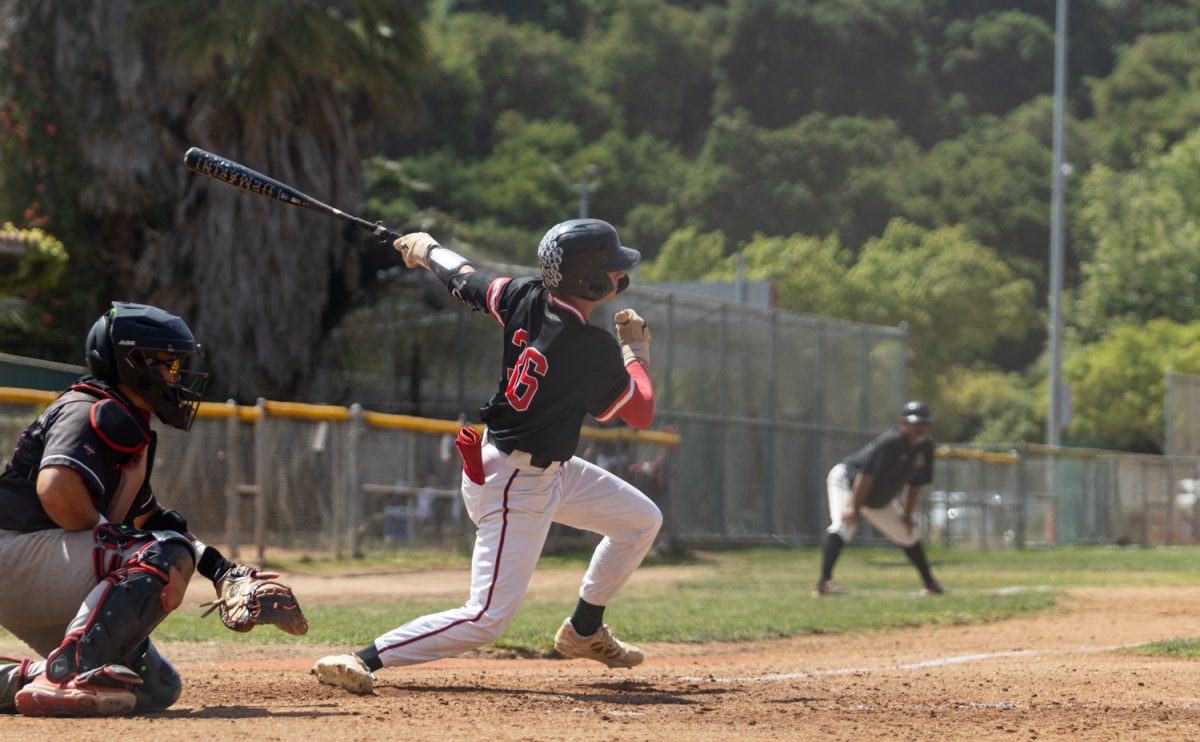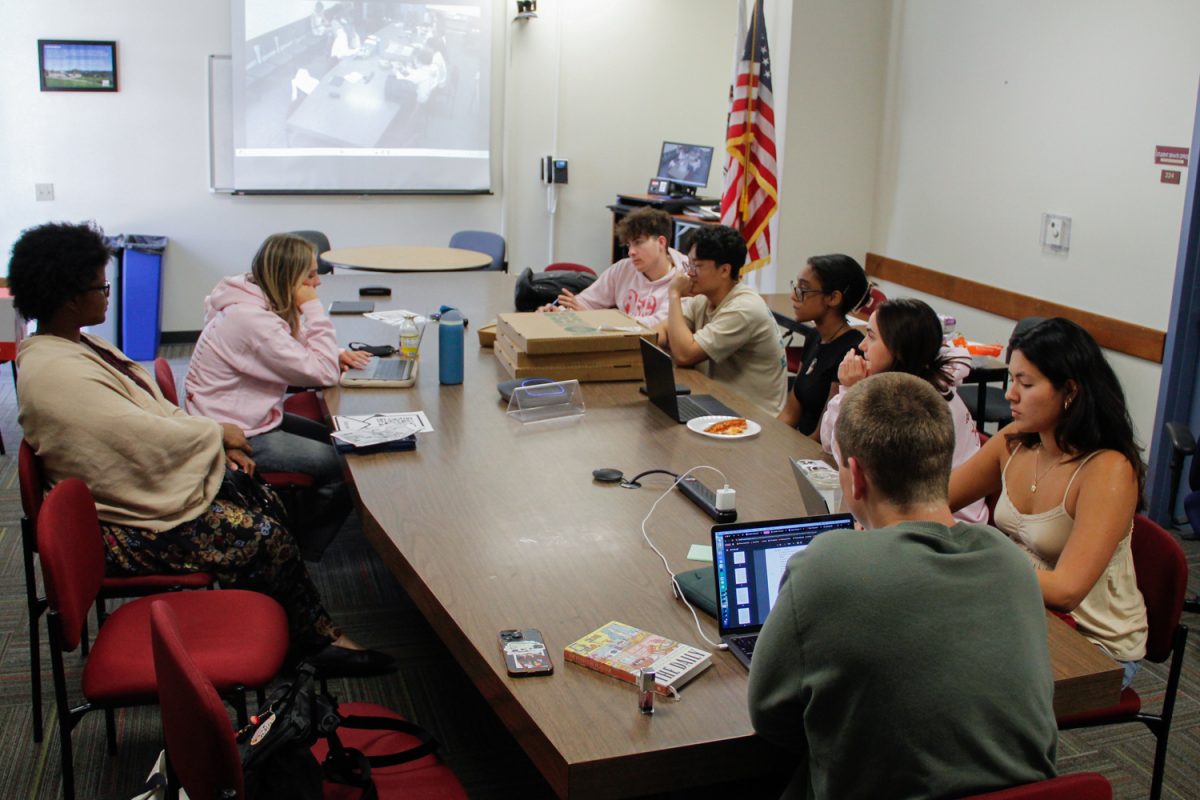Overcoming addiction and experiencing the prison system led Lisandra Barrera to create Underground Scholars Santa Barbara to help formerly incarcerated individuals get an education.
The program focuses on recruitment, retention and advocacy to build a prison-to-university pipeline. Barrera worked with her husband Ryan Rising to start the project at City College and UCSB because they thought the schools lacked such a pipeline.
“We moved to UCSB and we noticed right away that there weren’t a whole lot of people that looked like us on campus,” Barrera said.
Berkeley Underground Scholars is an initiative started at Berkeley in 2013, created by students who made it from the cell to the classroom.
She was introduced to Underground Scholars through Rising who was part of the program. It helped him get accepted into UCSB where he is currently studying.
Barrera is now a City College student majoring in sociology, a step forward from a previous life of legal challenges.
She developed an addiction to painkillers at the age of 13 and became a mom at 22. Although she maintained sobriety for a period of time, she had a relapse, and Child Protective Services took her daughter away from her.
“From there I knew that I had to change my life,” Barrera said. “I had to get my daughter back.”
After winning the fight against drugs and jail, Barrera decided to help people who are experiencing a similar situation, by encouraging them to go to school.
Barrera and Rising formed the Santa Barbara charter of Underground Scholars, with Barrera as the student ambassador.
Being an ambassador, Barrera explained that she is currently establishing connections with students from the Transitions program at SBCC and helping students get all the requirements they need to graduate. They want to provide students with resources, mentors and mentees.
She said the biggest accomplishment since founding the chapter has been the amount of communication and connections created.
In the future, they want to create an art exhibit with pieces made by incarcerated individuals, entitled “Behind the Wall.”
Barrera said the art pieces “[will consist] of free-hand pen on a handkerchief” and origami, made by inmates.
Starting this project elevated her mood, she said, and allowed her to start observing the system and policies regarding academic success more.
“It’s a lot of policy to break this system that has been keeping us trapped,” Barrera said.
Her example is just one in a million that serves as a guideline for people feeling trapped and not being able to find a solution.
She plans to continue organizing the program while attending UCSB, and is studying to become a therapist.
“We don’t have to be getting in trouble. The more education that we have, the more we are less likely to go back [to] our old ways,” Barrera said.


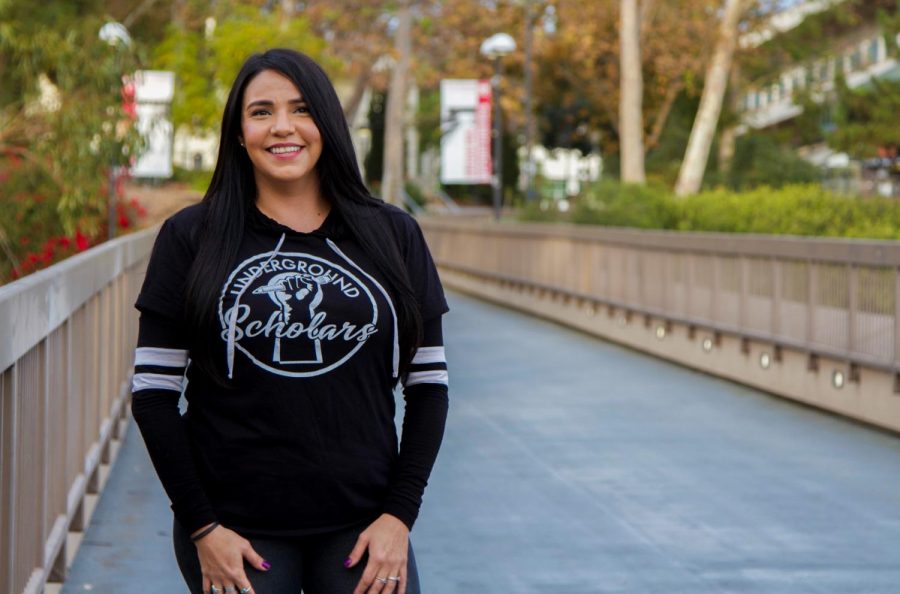


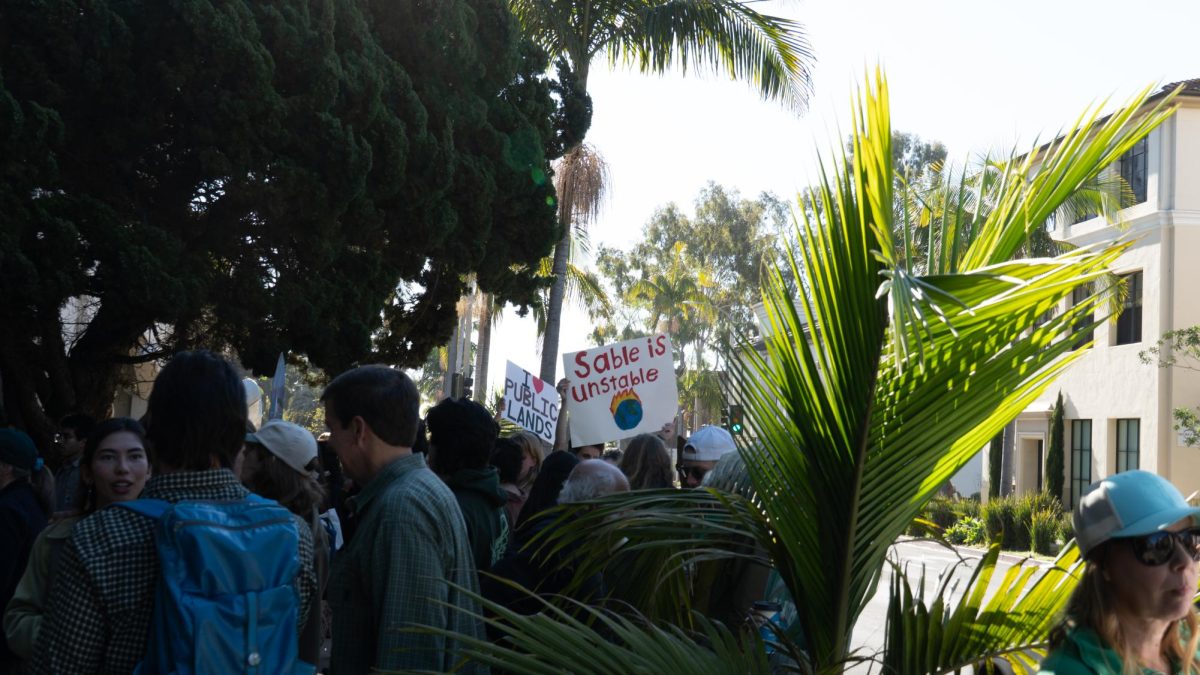

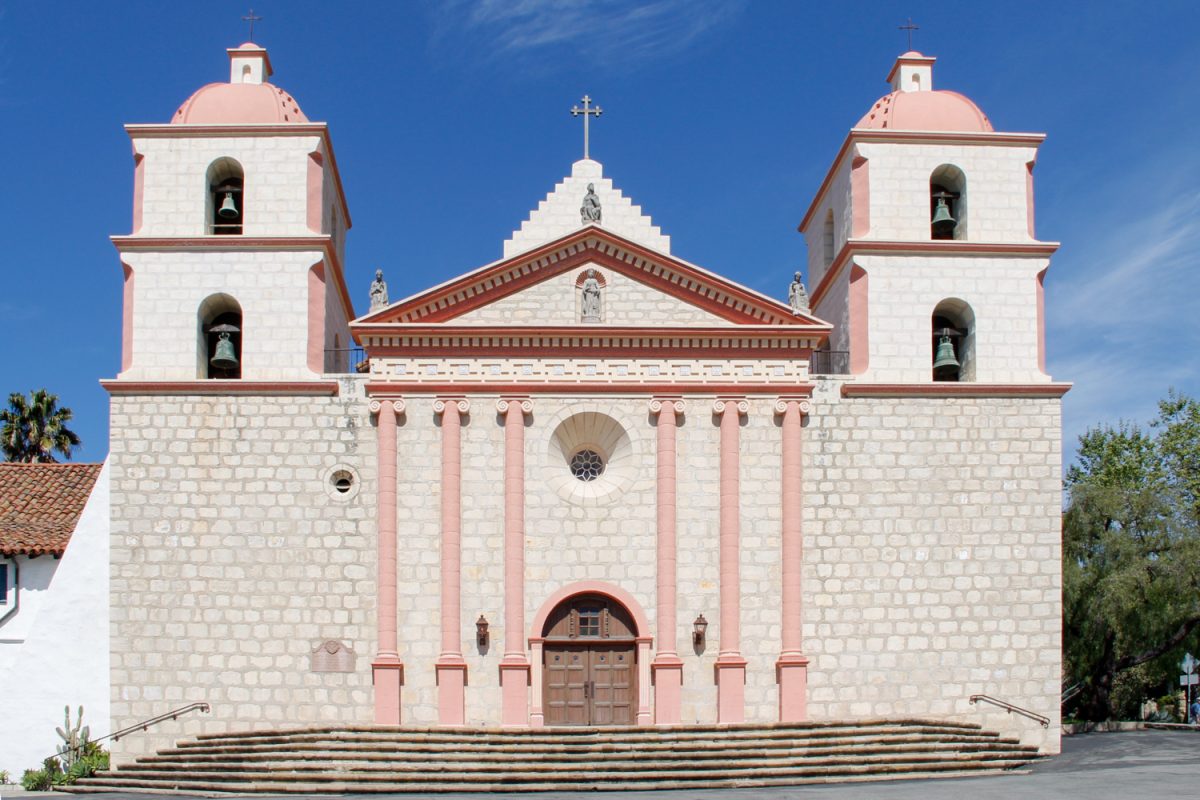
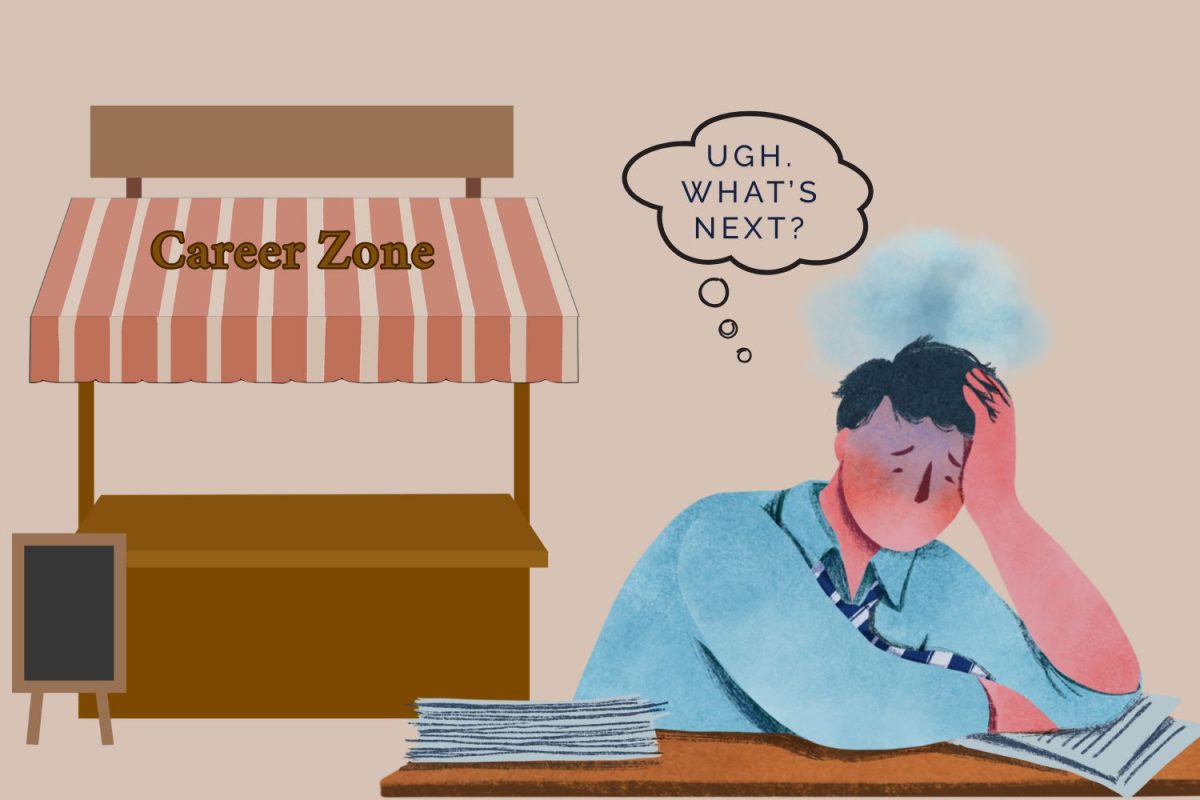
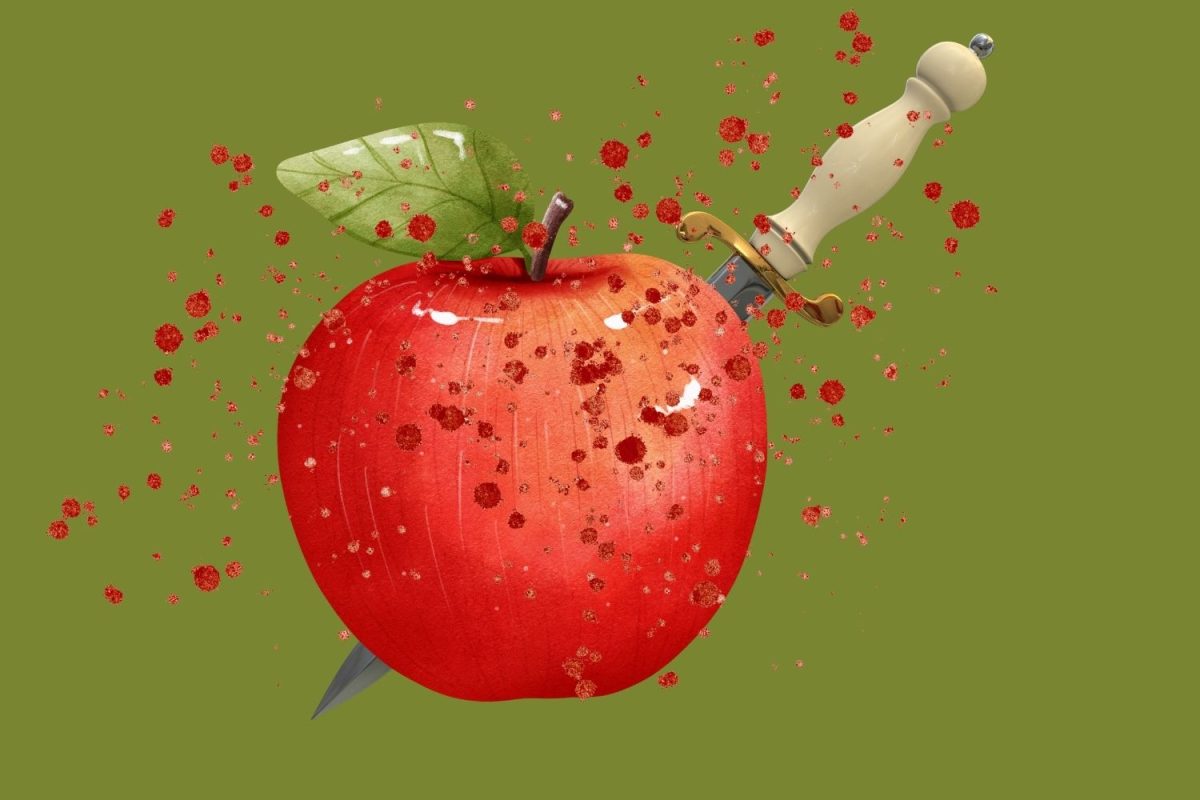
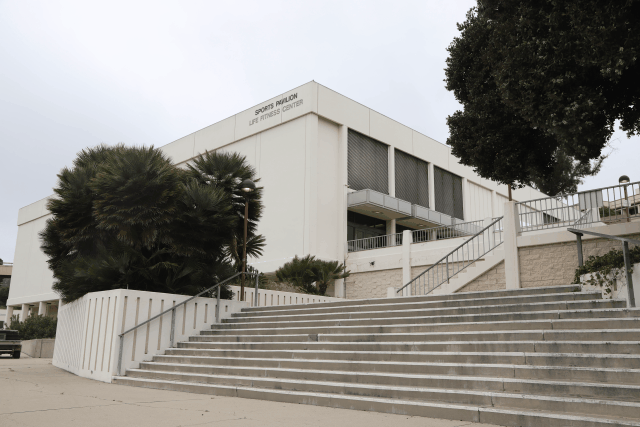

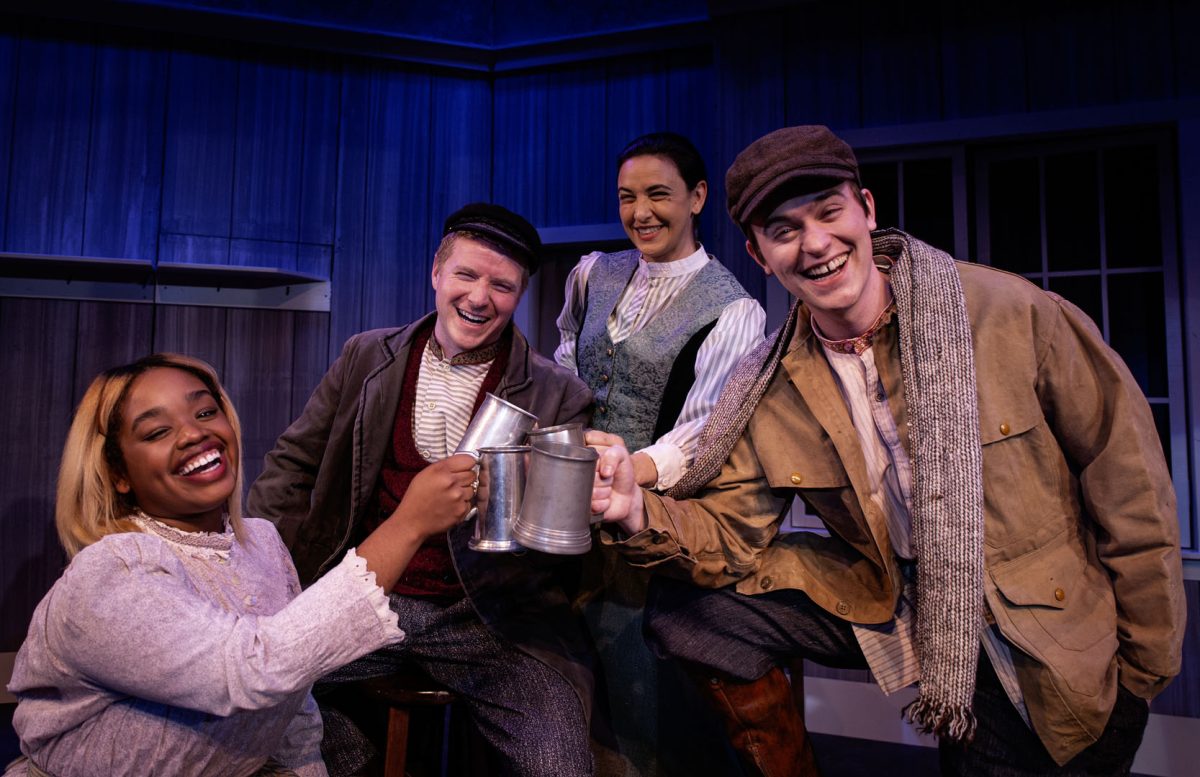
![Ken Watts uses the cable chest press machine on April 9 in Santa Barbara, Calif. "[What] people value the most in personal training is accountability," Watts said.](https://www.thechannels.org/wp-content/uploads/2025/04/MGSWatts-3-1200x800.jpg)
